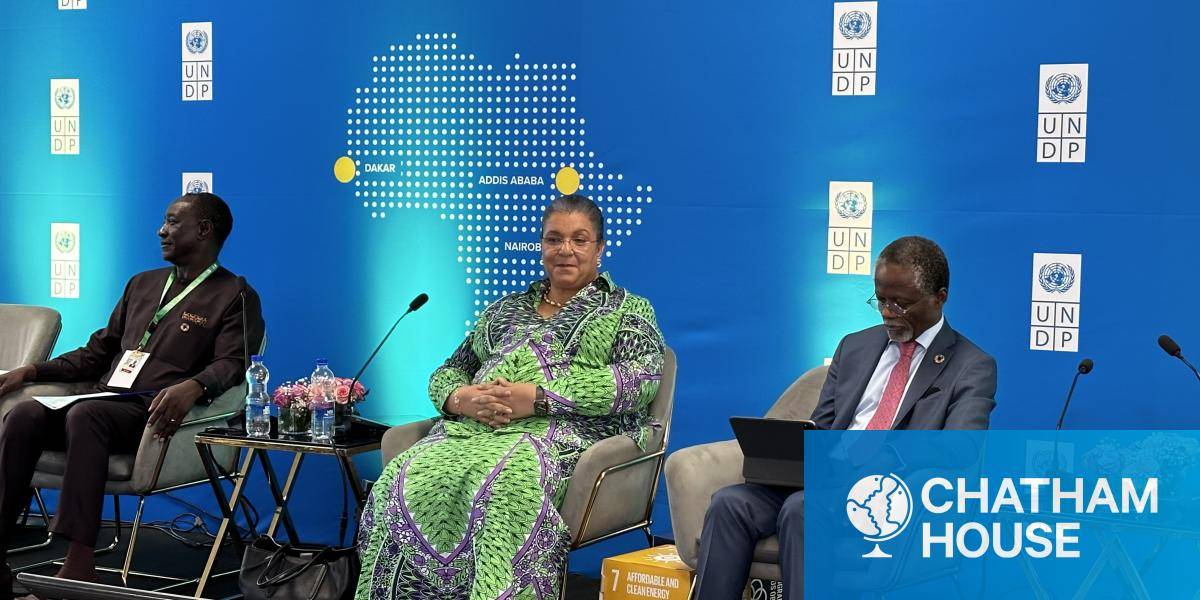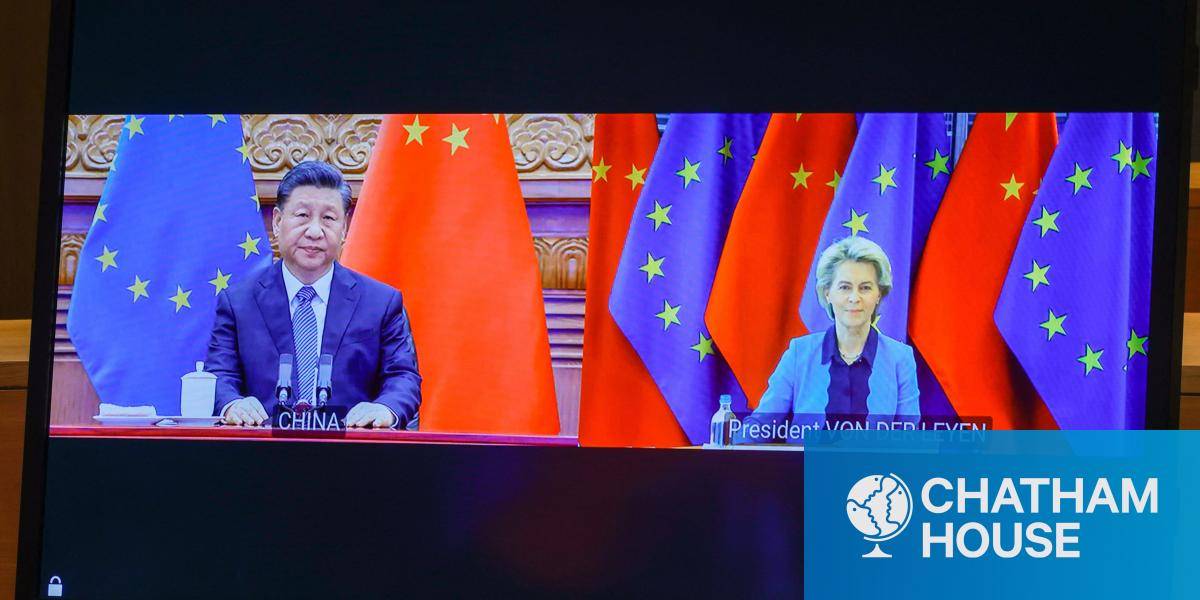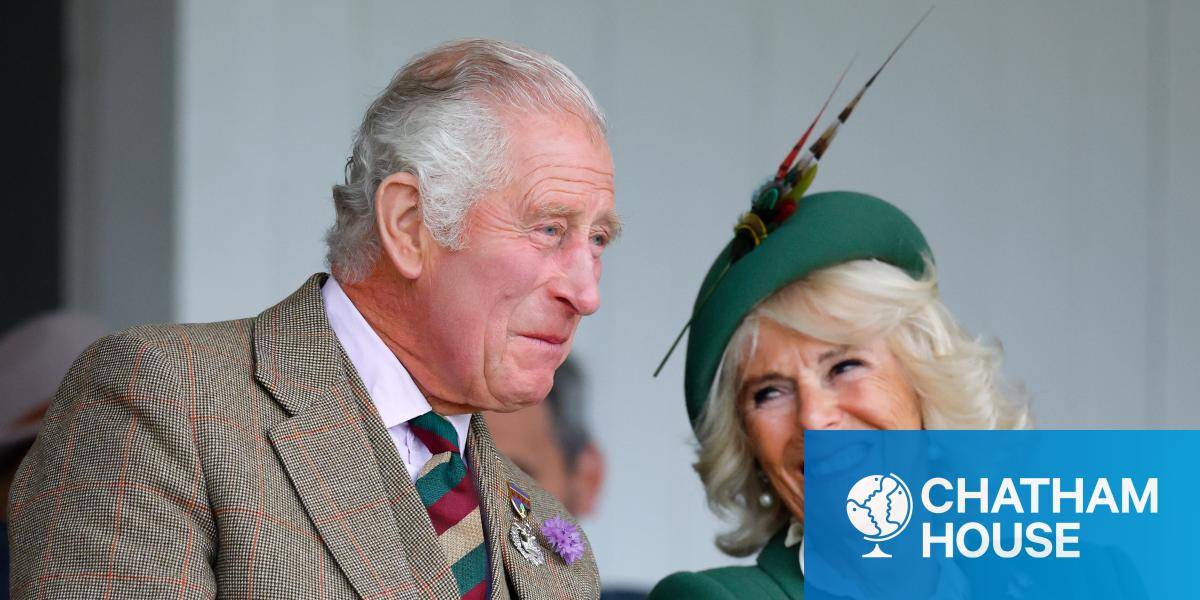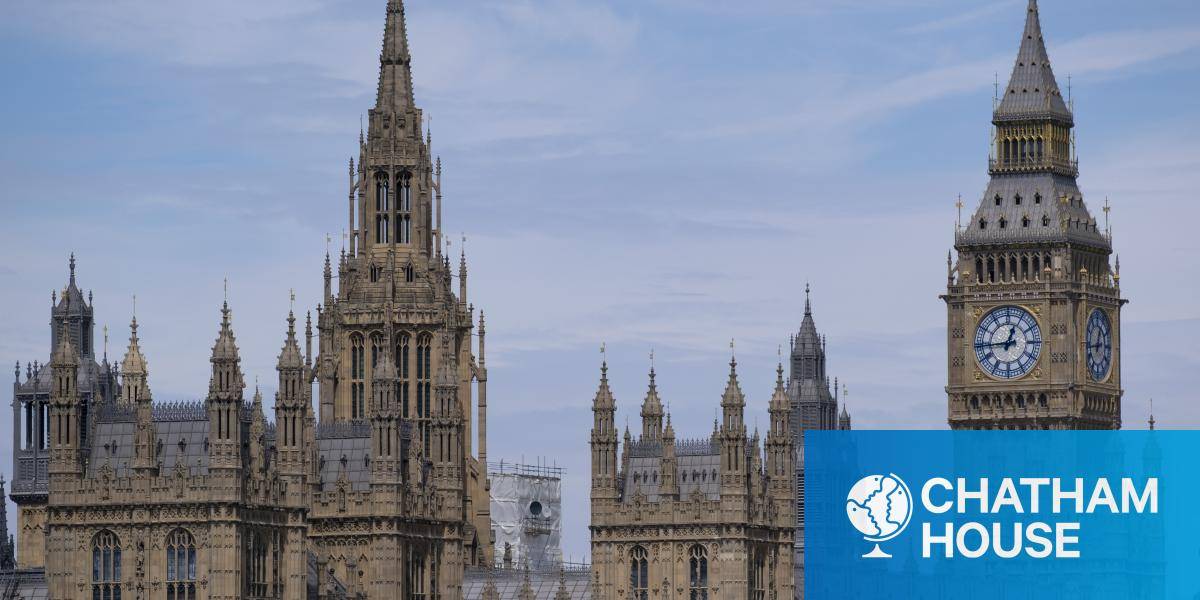Africa programme launches ‘A Continent in Conversation’ series at AU summit
News release
jon.wallace
21 February 2024
The discussion series brings together African stakeholders to discuss the continent’s response to geopolitical trends.
The Chatham House Africa Programme partnered with the United Nations Development Programme (UNDP) and Institute of Peace and Security Studies (IPSS) to hold the inaugural policy dialogue of the ‘A Continent in Conversation’ series on 15 February at the 37th Summit of the African Union in Addis Ababa.
‘A Continent in Conversation’ is a series of events that will run throughout the year. It will bring together political and thought leaders from across Africa to discuss how the continent and individual countries respond to global geopolitical trends including climate change, conflict, migration, international trade and technology.
The series is intended to foster a deeper understanding of the continent’s role in shaping a sustainable global future in the context of international political multipolarity and Africa’s increasing economic connectedness and importance.
During the event, Matthias Naab, Director of the UNDP RSCA said:
‘The African Union has taken its seat at the G20. We have a tremendous opportunity for Africa to shape the global agenda… and for Africa to contribute to global challenges, in particular on climate change.’
HE Hanna Tetteh, UN Under Secretary General, emphasized that African citizens have agency at the international, national, and sub-national level, but that leaders need to ‘not just say that we have a common platform but to implement that common agenda.’
One area of common ground should be governance, and this is a global challenge. ‘Popular political participation has not translated into robust institutions.’
Discussing elections, Ms. Tetteh asked:
‘Do reports of election observer missions reflect the voices of people and citizens or of political elites? Are we just reinforcing perceptions of power held by elites in these institutions? How do we ensure that democracy, good governance, and political participation really matter?’
Ambassador William Awinador-Kanyirige, advisor to the AU commissioner for peace and security, noted that all leaders are facing new challenges and geopolitical tectonic shifts, saying:
‘It calls on all of us, as leaders of state and non-state actors, to have strategic action and not just ad-hoc responses’ to these challenges. He called on international leaders to build on inherent norms and resilient institutions to find solutions on climate and migration in a collaborative manner.
The parallels drawn to shared experiences elsewhere in the world were underlined by the EU ambassador to the AU Javier Nino Perez, who compared African challenges to those of Europe in recent history.
‘The problems that Africa faces are not alien to us. But there are two important issues that must be addressed:
‘The international system was created 70 years ago. The fact there is no African permanent representation on the UN security Council is an anomaly. The fact that Africa is underrepresented in global economic institutions is also an anomaly.’
The problems of exclusion and inequality were emphasized by Dr Alex Vines, Director of the Africa Programme at Chatham House:
‘We are dealing with an era of global change. That fundamentally includes the global governance structures. There is deep inequality in global governance institutions and they need to be reformed.
‘Many people still talk about the “Global South”. But in reality, we are talking about the global majority and addressing global inherent inequality. This series is about mainstreaming Africa for global solutions.’
The event also saw the launch of the UNDP’s Sahel Human Development Report 2023: Sustainable energy for economic and climate security in the Sahel.




